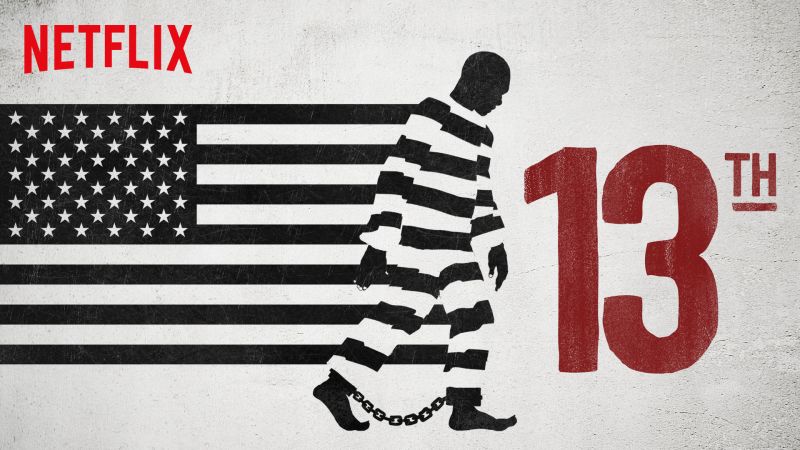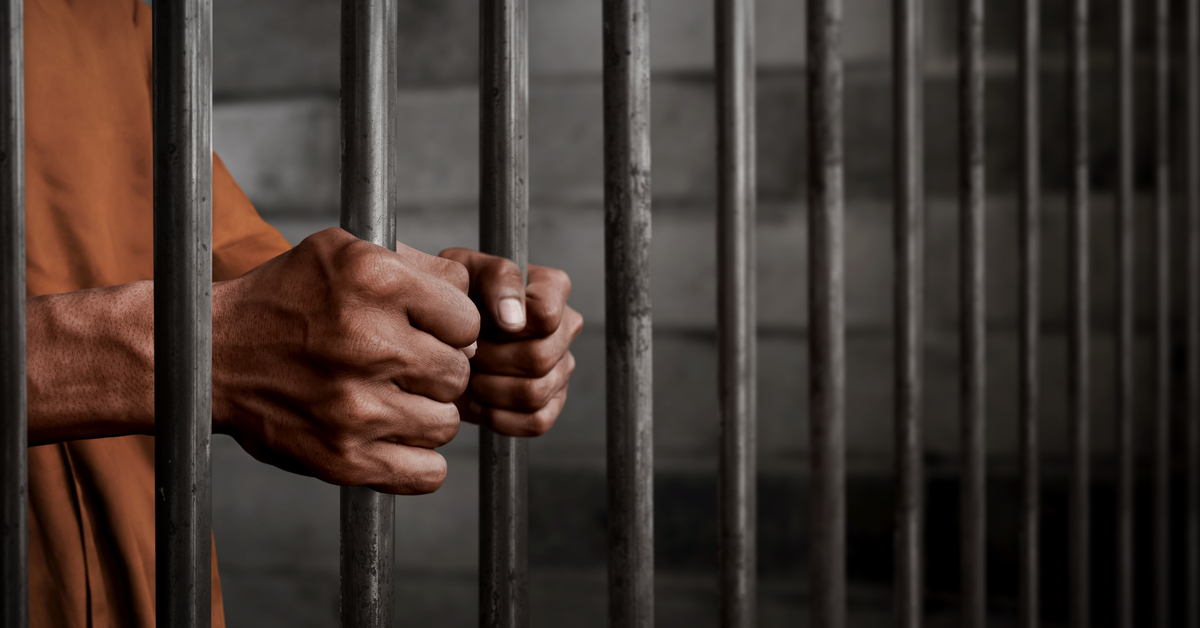 After completing an issue brief concerning the epidemic of mass incarceration in America, I have decided to take the liberty to dedicate my next passion blog to this very same issue. The depressing nature of mass incarceration and the effect it has on the lives of many Americans is a concept I would like to discuss as it is an issue that still continues to plague our society. In fact, this topic is also very personal to me as I have a family member who fell victim to our corrupt justice system. My cousin Dennis, who had been convicted of a robbery in 2009, believed he was just in the wrong place at the wrong time and claimed he was innocent. He believed he was not given his due process rights as the prosecution forced him to take a guilty plea. My cousin Dennis was more concerned about what would happen to him if he took his case to trial rather than attempting to maintain his innocence. He is currently out on probation after serving a total of seven years in prison. He to this day claims that he was not fairly granted his due process rights which are guaranteed to him under the constitution. He believes he was unfairly coerced into a guilty plea which has only made it harder for him to find work after his release. Unfortunately, my cousin Dennis is not the only one that has been affected by our unjust criminal justice system. Many Americans also share this very same story.
After completing an issue brief concerning the epidemic of mass incarceration in America, I have decided to take the liberty to dedicate my next passion blog to this very same issue. The depressing nature of mass incarceration and the effect it has on the lives of many Americans is a concept I would like to discuss as it is an issue that still continues to plague our society. In fact, this topic is also very personal to me as I have a family member who fell victim to our corrupt justice system. My cousin Dennis, who had been convicted of a robbery in 2009, believed he was just in the wrong place at the wrong time and claimed he was innocent. He believed he was not given his due process rights as the prosecution forced him to take a guilty plea. My cousin Dennis was more concerned about what would happen to him if he took his case to trial rather than attempting to maintain his innocence. He is currently out on probation after serving a total of seven years in prison. He to this day claims that he was not fairly granted his due process rights which are guaranteed to him under the constitution. He believes he was unfairly coerced into a guilty plea which has only made it harder for him to find work after his release. Unfortunately, my cousin Dennis is not the only one that has been affected by our unjust criminal justice system. Many Americans also share this very same story.
In fact, as of today we currently have over 2.3 individuals being held in both jails and prisons across the United States. This epidemic is recognized by many as well as scholars of criminal justice as mass incarceration. The issue of mass incarceration in America is not a new one. It actually all began after Nixon took office in 1969 and ran his presidency on a campaign focused on law and order. This was apart of Former President Richard Nixon’s elaborate scheme to get “tough on crime” as a response to the protest that resulted in response to the deaths of Martin Luther King and former President John F Kennedy. In order to combat these violent protest, Nixon put harsher sentences on illegal substances such as crack cocaine and marijuana to put those involved in these protest in prison. This predominantly affected minority communities, more specifically African American communities, as crack cocaine was more abundant and available to those in lower class urban communities. However, sentences given to those in the possession of pure cocaine were very different. Affluent neighborhoods, which contained predominantly white constituents at the time, had it much easier when it came to sentencing for this illegal substance. They received a lower sentence when it came to the possession of the powered form of this very same drug. This only worked to put hundreds of thousands of black individuals in prison leaving them with criminal records. This only made it harder for many black to find employment after being released.

That was only a short summary of some of the history behind what has lead us to the current state of the corrupt criminal justice system that we are currently working to improve. Later in my issue brief, I also discussed unemployment and how this leads ex-offenders back into a life of crime. I also went on to highlight some of the inequalities faced my ex-convicts through the utilization of Ava DuVernay’s documentary 13th. She illustrates in this documentary how benefits which most Americans often take for granted such as food stamps, jobs licenses, housing opportunities, and financial aid are limited once someone is convicted of a felony. The fact that this occurs only makes it harder for a felon to become a productive member of society.
In the conclusion of my issue brief, I offered solutions to this issue. I suggest that the government make it easier for non violent offenders to receive job licenses by getting rid of restrictions for non violent ex-offenders, making legislation such as the First Step Act apply both to state and federal prisons, banning “the box” from all applications on the national level, and creating a criminal justice system that focuses itself on due process rather than the crime control model. As an aspiring district attorney, I look to put an end to this epidemic through my work. I want to ensure every individual I look to prosecute in the future has their due process rights not only acknowledged but guaranteed.



Mass incarceration has become a large issue in the United States causing over crowing and a large amount of tax dollars being allocated towards these prisons. Studying criminology, the prison system and incarceration is old and needs to be updated to fix this issue. In addition to those incarcerated, there are so many on a parole or probation which are being watched making the system even more larger.
Blake, I really like how you were able to use your issue brief as a guide for your blog and I think you did a good job with explaining a lot of information concisely. I am not necessarily the most informed on the issue of mass incarceration in the United States except that is a severe issue negatively affect minorities and people who do not always deserve the punishments they have received. I thought it was interesting how you discussed due process being unfair for certain individual who may have been, like you said, in the wrong place at the wrong time. There are definitely a multitude of issues with the criminal justice system so hopefully up and coming individuals will be able to start making changes to it.